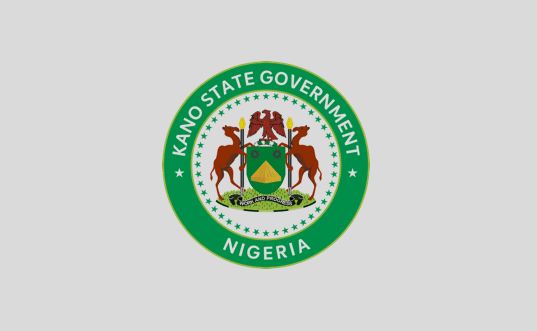A Kano-based non-governmental organisation, Bridge Connect Africa Initiative, has said over 4,000 cases of sexual violence were perpetrated in Kano State over the last five years.
The Chief Operating Officer of the group, Fatima Musa Aliyu, made this known during the launch of the Women Against Violence Empowerment through Sustainability (WAVES) project – a five-month capacity building initiative focused on supporting survivors of gender-based violence, those at risk and women involved in small-scale agribusinesses in Kano State.
She said, “We are dedicated to protecting women and girls from all forms of violence. Over the past five years, BCAI has been a leading advocate for women and girls in Kano State, addressing gender-based violence and other harmful practices that disproportionately affect them.
“Supported by the Government of Canada through the Canada Fund for Local Initiatives (CPRLI), the WAVES project aims to foster a thriving ecosystem of empowered women in Kano, promoting economic security and combating gender-based violence (GBV) through training in GBV prevention, financial literacy, business development and sustainable agricultural practices.
- Abducted Kebbi district head dies in captivity, 8 others rescued
- Transport sector crucial to Nigeria’s economic growth – Minister
“According to UNICEF, women and girls face significant gender inequalities, with 1 in 3 women reporting experiences of GBV. Between November 2022 and February 2023, the Centre for Information Technology and Development (CITAD) recorded 171 cases of GBV.
“According to another report by the International Federation of Women Lawyers, Kano State chapter, Kano State WARAKA Sexual Assault Referral Centre documented over 4,000 cases of sexual violence in the last five years.”
She added that evidence shows that societal norms, economic challenges, and even climate change are some of the factors, among others, that keep many women trapped in cycles of poverty and dependence, increasing their risk of gender-based violence.
While some seek survival through small-scale agribusinesses, their efforts are often hindered by limited skills and market access, leading to continued vulnerability and exploitation.

 Join Daily Trust WhatsApp Community For Quick Access To News and Happenings Around You.
Join Daily Trust WhatsApp Community For Quick Access To News and Happenings Around You.


